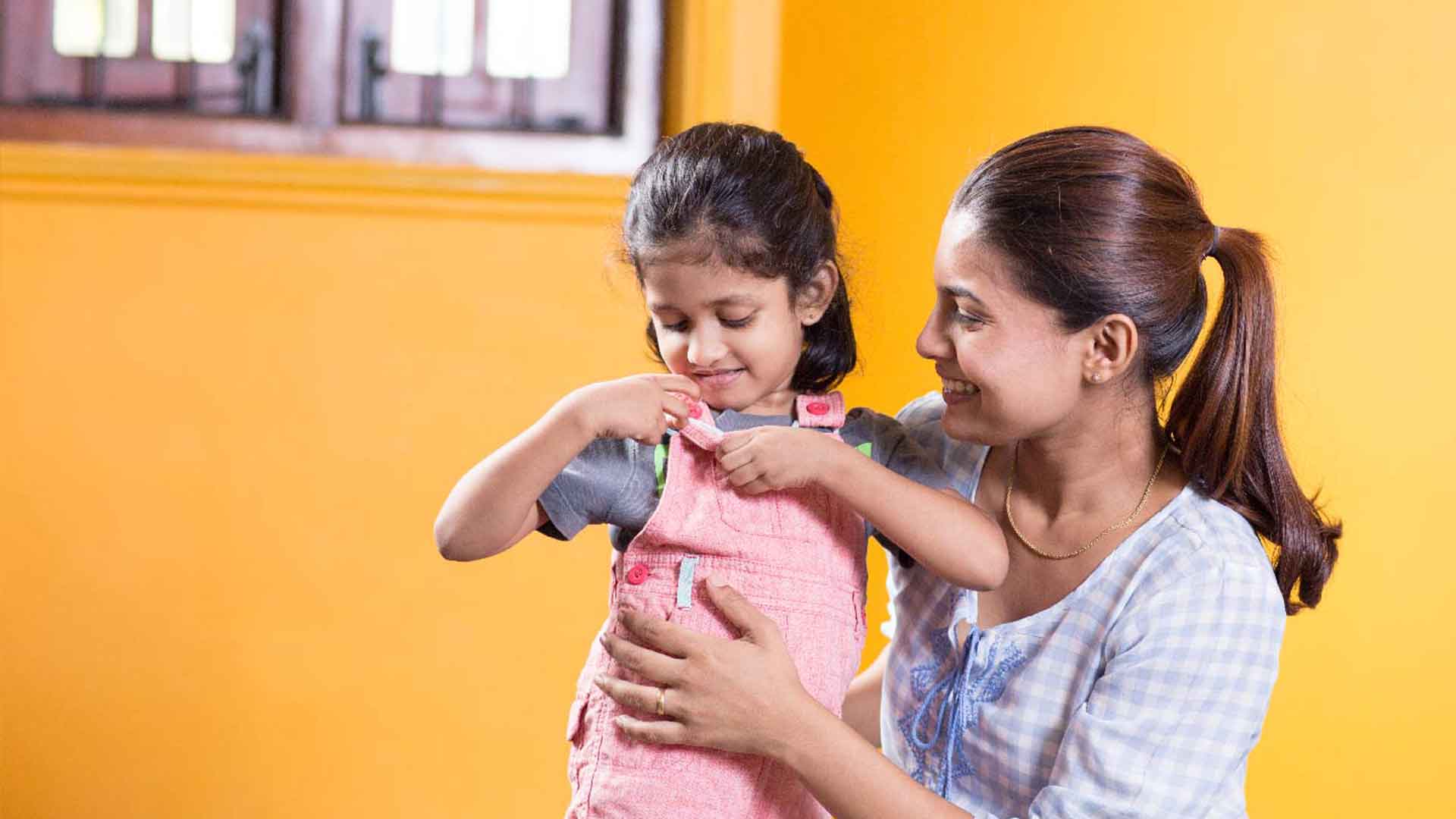























Domestic violence and your child

Nimali Buthpitiya

Domestic violence or domestic abuse in simple terms refers to any behavior intended to gain power or control over a spouse or a partner. This can lead to physical, mental and emotional harm for anyone who is exposed to it. While this is inevitably a saddening situation in life as a family, it is extremely a traumatizing experience which can create long lasting detrimental effects on your child.
How does domestic violence affect your child’s development?
Both young and older children who are exposed to domestic violence experience emotional, mental, and social damage that can affect their developmental growth. Certain children lose the ability to feel empathy for others. Others may begin to feel socially isolated or become unable or difficult to develop peer relationships as easily due to social discomfort or confusion they might suffer with due to their inability to understand what is acceptable.
It is vital that children at any age grow up in a secure and a nurturing environment to witness them thriving in life. Healthy development does not only depend on nutrition which produces physical wellbeing of a child, it is determined by the experiences they encounter within the family atmosphere created by parents. These experiences contribute to the development of emotional, social and mental wellbeing of the child. Where domestic or family violence exists, a home is not a safe or a secure place and children begin to live in the fear of what might happen to them and the people they love at any given time.
Concerning the effects of violence on children by age, an unborn child may be injured in the womb due to violent physical behaviors aimed at the mother or suffer from unpredictable and unhealthy influences derive from the mother’s negative mental state. Infants who are frequently exposed to violence may experience difficulties in developing secure attachments with their caregivers and might even suffer from failure to thrive in their developmental milestones. A preschool age child may demonstrate sleeping and eating disorders and disturbance due to same reason. Children who are in the age of schooling may struggle with peer relationships, poor performance at school and emotional instability.
Various researches done on this topic have revealed that children who are living with domestic violence are prone to physical and emotional harm in the following ways:
• Emotional distress
• Eating and sleeping disorders
• Aggressiveness toward friends and adults
• Low-self esteem
• Less empathy and care for others around them
• Self-harming behaviors
• Physical symptoms including headaches and stomach aches
• Emotional distress
• Anxiety and depression
• Poor concentration skills
These harmful effects can prevent the healthy and holistic development of your child in the long run. Unfortunately, it is difficult for a child to find solutions for these issues on their own. It is in the hands of parents to take steps toward seeking help and solving relationship issues so that their children will be given the opportunity to experience a peaceful atmosphere at home. Until such time, try your best to spend more time with them, play or have conversations with them. If they ask questions, try to give honest answers, and refrain from giving promises that you cannot fulfill. Help them feel loved and prevent them hearing or seeing any form of violence as much as possible. Make the most wise and suitable decisions to ensure the well-being of your child.
Share With:
Recommended Articles


What Causes Stress in Children?
We often define children as little humans who are problem free and joyful. This is the same reason why we tell ourselves at times ‘oh I wish I could go back...
Read More

How we could ensure the development of a child while providing care for them?
Caring for a child is a responsible task in its nature. It involves various tasks starting from the simplest ones such as feeding or dressing a child to the...
Read More

Communicating to Get Things Done Helping your Child to Listen
When we communicate, we are either sharing information or informing, or two or more people are exchanging ideas. Communication is fundamental to the social ...
Read More